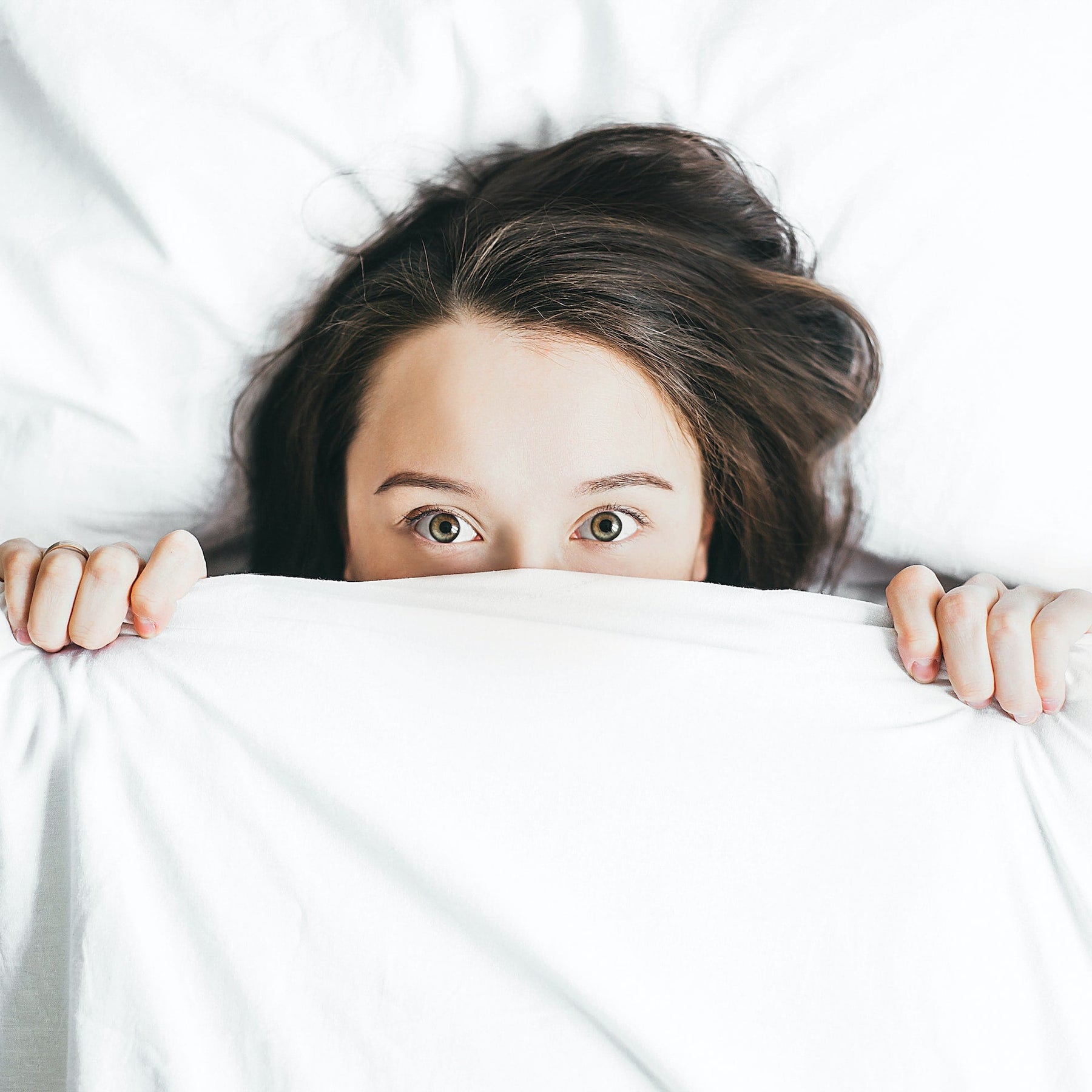
This Unexpected Health Issue Results From A Lack Of Sleep
A lack of sleep is something Americans deal with on a consistent basis.
As one of the busiest nations in the world, it's estimated more than 45% of Americans suffer from a sleep deficit.
The side effects associated with a lack of sleep are wide and varying; some of the more dramatic include people falling asleep at the wheel and falling asleep on the job.
Just yesterday, researchers published their findings and made some interesting observations about poor sleep quality and how it affects appetite.
Not getting enough sleep makes your body view food the same way a pot smoker does after he's smoked weed (in short, a lack of sleep creates the munchies).
How does this happen?
Essentially, when you don't get enough sleep, a chemical made by the brain (which is also found in marijuana) is activated and causes you to overeat.
In a press release about the subject, NBC News wrote:
Hanlon, working as part of a team that's been studying sleep and eating habits, looked at a brain chemical called endocannabinoid 2-arachidonoylglycerol (2-AG for short). It resembles the same chemicals found in cannabis, but it's made in the brain and affects pain, pleasure and appetite.
"When volunteers were deprived of sleep, their levels of 2-AG stayed higher for longer, and they also snacked on unhealthier foods," Hanlon's team reported in the journal Sleep.
This goes along with other studies supporting a call for more sleep to help keep off the pounds. It's only now we're beginning to understand just how detrimental a lack of sleep is for proper weight control.
The interesting thing about this research is it actually shows a lack of sleep tricks your brain into looking at food as more of a reward than it would have with adequate sleep.
"We know that when you activate the cannabinoid system, it modulates brain reward pathways," Hanlon told NBC News. "When you activate the cannabinoid system, you are exciting the reward system."
This is why it might be so much harder to eat well after a bad night's sleep.
Though the researchers didn't touch on the subject, the more unfortunate aspect of this behavior is it creates a negative feedback loop. If a person overeats because they didn't get enough sleep, it can actually cause them to sleep less later on (due to elevated insulin and cortisol levels), which will then cause them to overeat again.
This is why getting consistent, quality sleep can be such a huge factor in total health.
Now that you're armed with this knowledge, you should do what you can to get better sleep:
- Use blackout curtains
- Supplement with melatonin or valerian root if needed
- Don't eat before bed
And see some more tricks I wrote on the subject by clicking here.
Talk soon,
Dr. Wiggy
www.HealthAsItOughtToBe.com



